Dreaming of an Italian getaway but can’t decide between Tuscany and Sicily? These two iconic regions offer vastly different experiences, each with charm and allure. Tuscany captivates with its rolling hills, Renaissance art, and world-famous wines, while Sicily dazzles with its rugged coastlines, ancient ruins, and mouthwatering cuisine.
Picture yourself sipping Chianti in a Tuscan villa surrounded by cypress trees and vineyards. Now imagine basking in the Sicilian sun on a golden beach, with Mount Etna looming in the distance.
Both scenes are tempting, right? Tuscany’s gentle landscapes and artistic treasures contrast sharply with Sicily’s dramatic scenery and rich historical tapestry.
Your choice between these two regions depends on what you’re looking for in your Italian adventure. If you’re craving art galleries, medieval towns, and wine tours, Tuscany might be your perfect match.
If you’re drawn to Greek temples, volcanic landscapes, and seafood feasts, Sicily could be calling your name. Either way, you’re in for an unforgettable trip filled with stunning sights, delicious food, and warm Italian hospitality.
Key Takeaways
- Tuscany offers Renaissance art, rolling hills, and famous wines
- Sicily boasts ancient ruins, beautiful beaches, and unique cuisine
- Your ideal choice depends on your interests and travel style
Overview of Tuscany

Tuscany’s blend of art, history, and natural beauty captivates visitors. From Renaissance masterpieces to rolling vineyards, this region offers unforgettable experiences.
Florence: A Renaissance Jewel
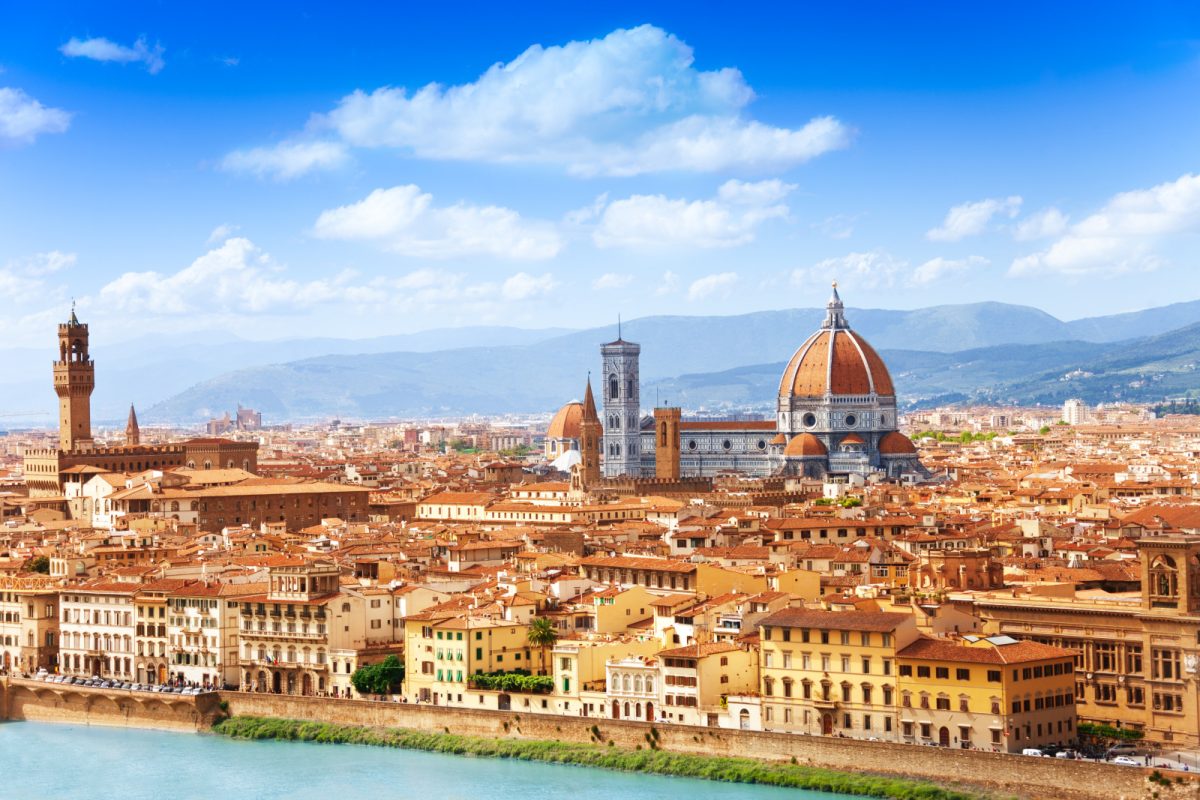
Florence, Tuscany’s crown jewel, brims with artistic treasures. The Duomo, with its massive dome, dominates the skyline.
You can’t miss Michelangelo’s David at the Accademia Gallery. The Uffizi houses works by Botticelli, Leonardo, and other masters.
Stroll across the Ponte Vecchio, lined with jewelry shops. Enjoy gelato in Piazza della Signoria. For stunning views, climb to Piazzale Michelangelo.
Florence’s charm extends beyond its art. Wander cobblestone streets in the Oltrarno district.
Shop for leather goods at San Lorenzo market. Savor a Florentine steak paired with Chianti wine.
Siena and the Tuscan Hills
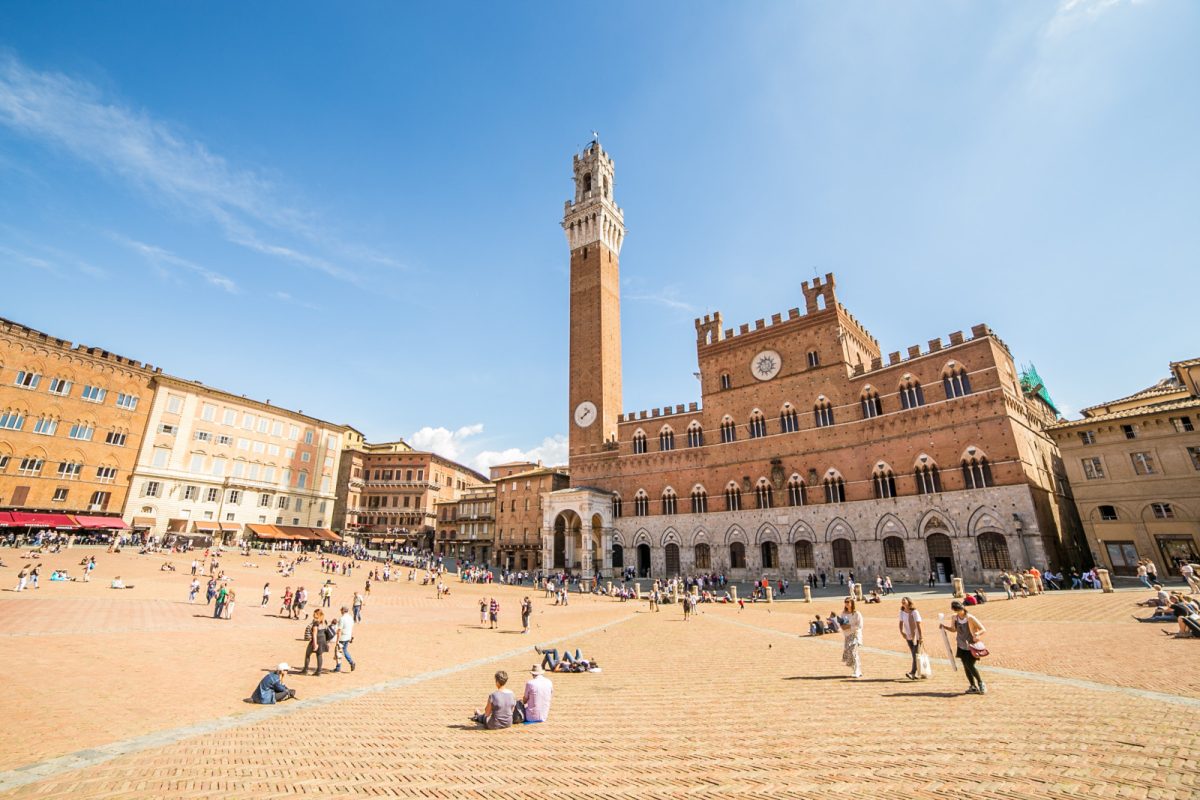
Siena enchants with medieval splendor. Its shell-shaped Piazza del Campo hosts the famous Palio horse race twice yearly. Climb the Torre del Mangia for sweeping views.
The Tuscan countryside around Siena is postcard-perfect. Rolling hills dotted with cypress trees and stone farmhouses paint an idyllic scene. Visit charming hill towns like San Gimignano, known for its medieval towers.
Rent a car to explore at your own pace. Stop at family-run wineries for tastings.
Bike through sunflower fields. Stay in an agriturismo for an authentic rural experience.
Pisa Beyond the Leaning Tower

Pisa offers more than its iconic tilting tower. The entire Piazza dei Miracoli is a UNESCO site.
Admire the intricate facade of the Duomo. Climb the Baptistery for great acoustics.
Wander the lively streets near the University of Pisa, one of Europe’s oldest. Enjoy aperitivo along the Arno River. For a beach day, head to Marina di Pisa or Viareggio.
Don’t miss the charming Borgo Stretto, lined with medieval arcades. Shop for local specialties like Pisan olive oil and pecorino cheese.
Lucca’s Charming Ramparts
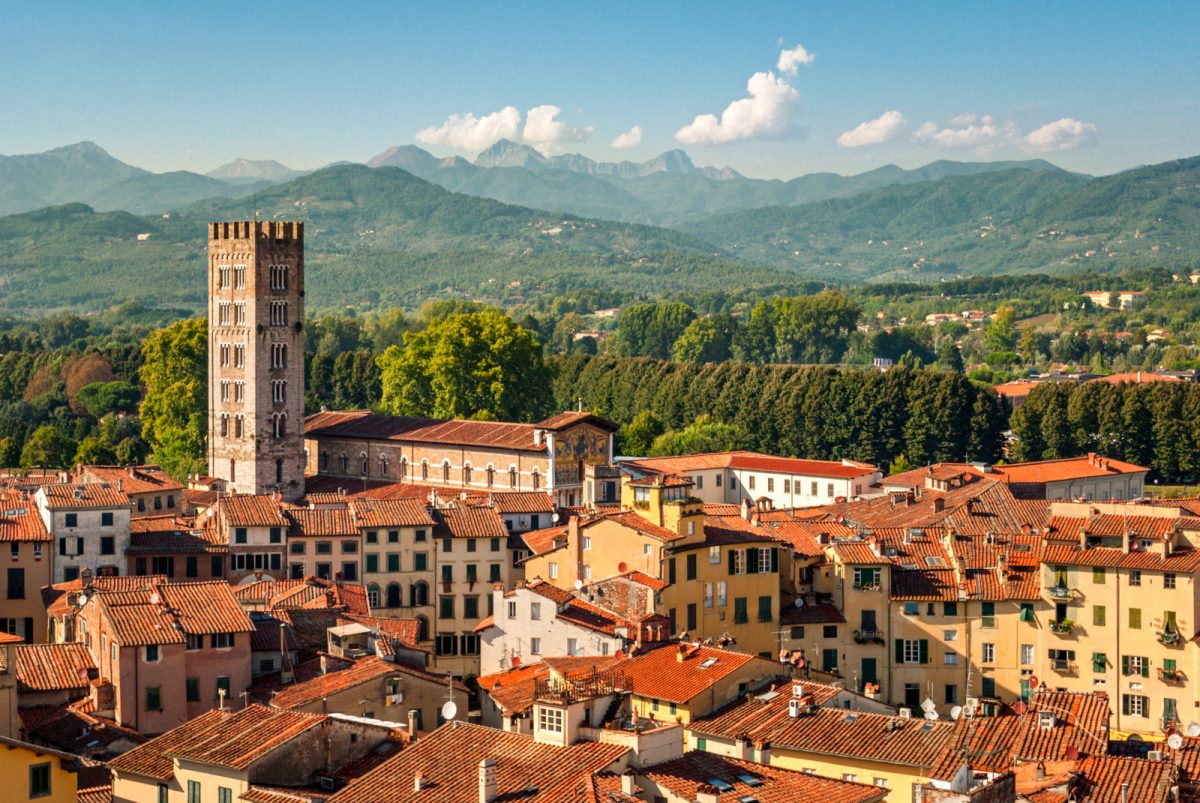
Lucca’s intact Renaissance walls set it apart. Bike or stroll atop these ramparts for unique city views. Inside, climb the Guinigi Tower, topped with oak trees.
Piazza dell’Anfiteatro, built on ancient Roman ruins, buzzes with cafes and shops. Music lovers flock to Lucca for its Puccini festival, and the composer’s birthplace is now a museum.
Sample local delicacies like Tortelli Lucchesi pasta and Buccellato sweet bread. Lucca’s relaxed vibe makes it perfect for leisurely exploration.
The Wine Regions of Chianti and Montepulciano

Chianti’s vine-covered hills produce world-famous wines. Visit historic castles turned wineries like Castello di Brolio and learn about Sangiovese grapes and strict Chianti Classico rules.
Montepulciano, perched on a limestone ridge, is known for its Vino Nobile. Tour underground wine cellars carved into the rock. Pair wines with local pecorino cheese and pici pasta.
Both regions offer wine tours and tastings. Stay in a converted farmhouse for the full Tuscan wine experience. Harvest time in September and October is especially magical.
Overview of Sicily

Sicily is a fascinating island with a rich history, stunning landscapes, and vibrant culture. From ancient ruins to bustling cities and beautiful beaches, it offers a diverse range of experiences for travelers.
Palermo: Cultural Melting Pot

Palermo, Sicily’s capital, is a lively city that reflects the island’s multicultural heritage. Its architecture, from Norman palaces to Baroque churches, combines styles.
The bustling markets are a feast for the senses. Don’t miss the Capuchin Catacombs, where mummified bodies tell stories of the past.
The city’s food scene is incredible. Try street food like arancini (rice balls) or pasta alla Norma. Palermo’s theaters are world-class, with the Teatro Massimo being the largest opera house in Italy.
Walking the streets, you’ll notice the unique blend of cultures that have shaped the city over centuries. It’s a place where history comes alive at every corner.
Taormina’s Dramatic Setting
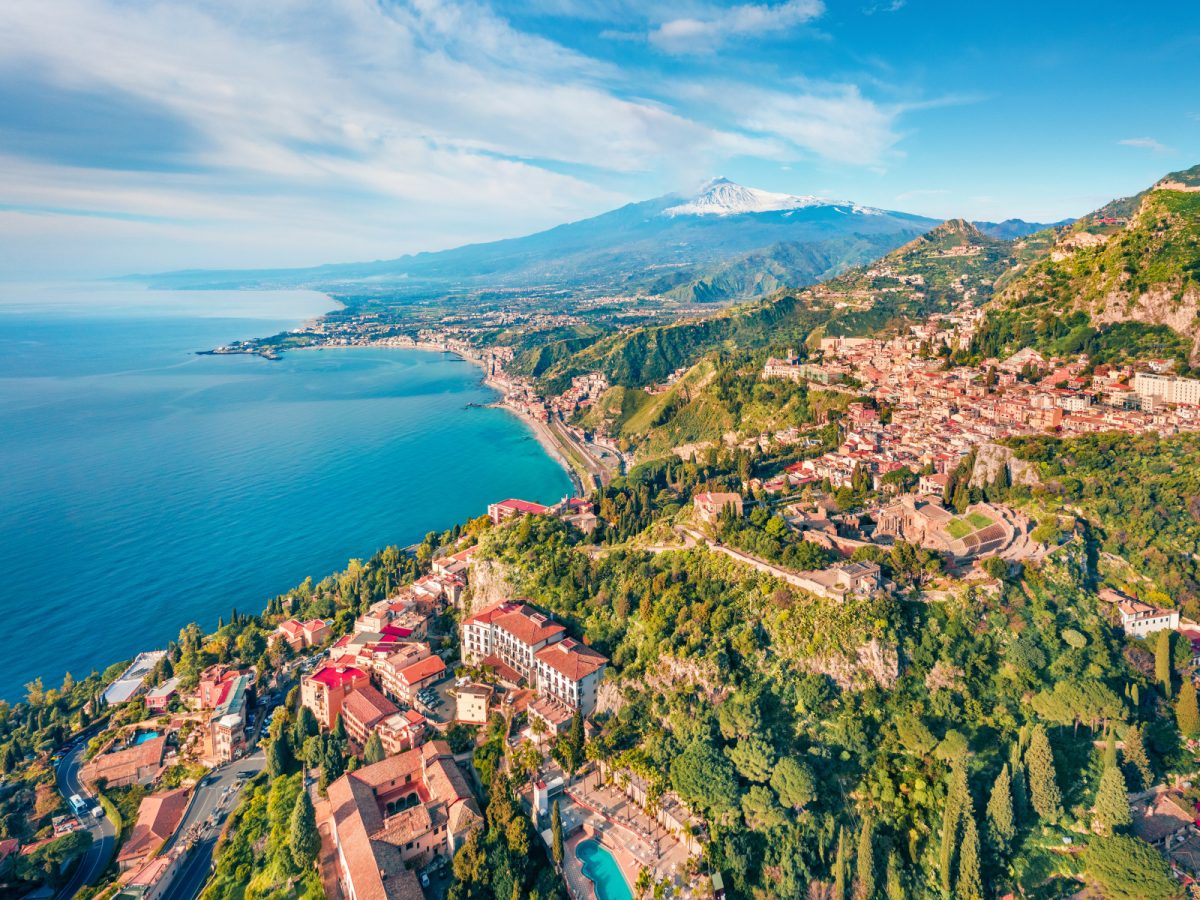
Perched on a cliff overlooking the Ionian Sea, Taormina is a picture-perfect town. Its ancient Greek theater offers stunning views of Mount Etna and the coastline. Today, it’s still used for concerts and events.
Corso Umberto, the main street, has shops, cafes, and restaurants. You can spend hours wandering the narrow alleys, discovering hidden gems.
The beaches below are accessible by cable car. Isola Bella, a tiny island connected to the mainland by a narrow strip of sand, is a must-visit spot.
Taormina’s luxury hotels and villas attract celebrities and well-heeled travelers. You might spot a famous face while sipping an aperitivo at a chic bar.
The Historical Riches of Syracuse and Agrigento

Once a powerful Greek city-state, Syracuse is a treasure trove of ancient history. The archaeological park includes a Greek theater, a Roman amphitheater, and the Ear of Dionysius, a limestone cave with amazing acoustics.
Syracuse’s old town is on the island of Ortygia, connected to the mainland by bridges. It’s a maze of narrow streets with Baroque palaces and churches. The Piazza del Duomo is one of Italy’s most beautiful squares.
Agrigento’s Valley of the Temples is a UNESCO World Heritage site. The well-preserved Greek temples are a sight to behold, especially when lit up at night.
The Temple of Concordia is one of the best-preserved ancient Greek temples in the world. Both cities offer a journey back in time, allowing visitors to walk in the footsteps of ancient Greeks and Romans.
Catania: A City Below Mount Etna
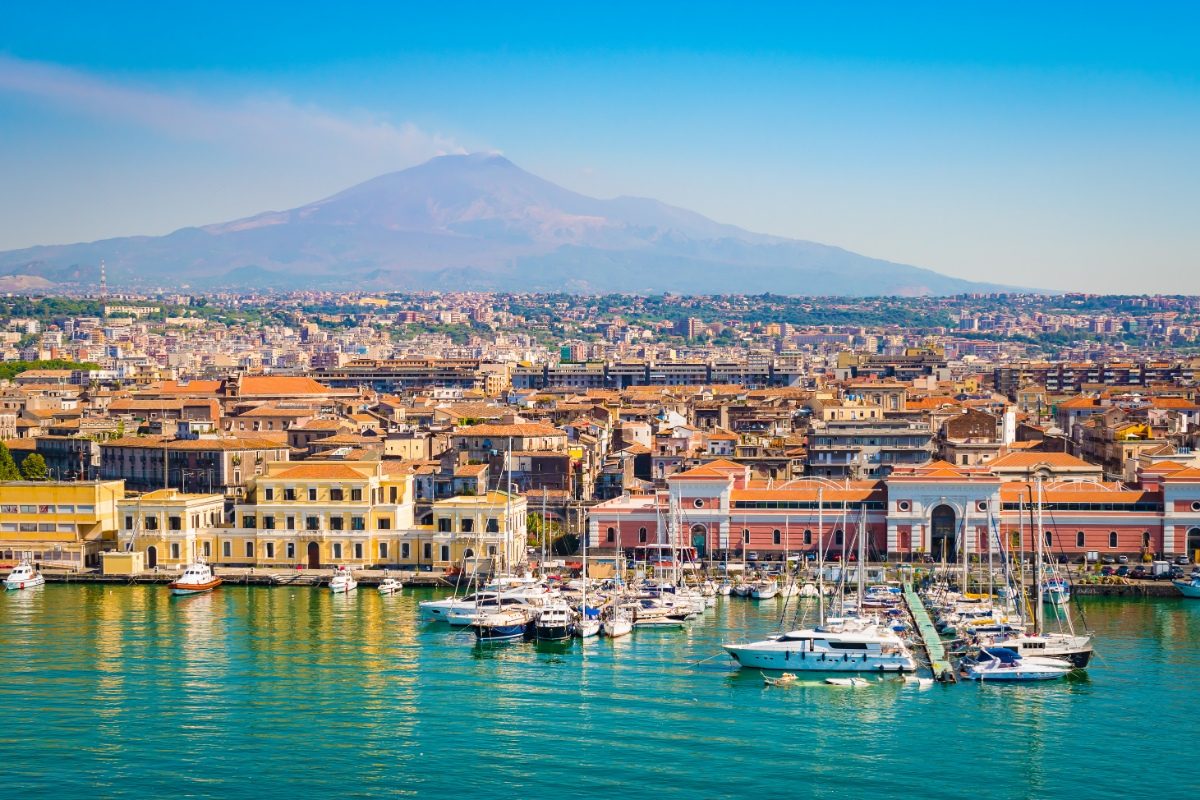
Catania sits in the shadow of Mount Etna, Europe’s largest active volcano. The city’s buildings are made from dark volcanic stone, giving it a unique look.
The fish market is a lively spectacle, with vendors shouting and fresh seafood on display. Try pasta alla Norma, a local dish with eggplant and ricotta salata.
Catania’s Baroque architecture is impressive, with the Cathedral of Sant’Agata being a highlight. The Ursino Castle, built in the 13th century, now houses a museum.
For a thrilling experience, take a guided tour up Mount Etna. You can hike around the craters and even ski in winter.
The Unique Beauty of Sicilian Beaches
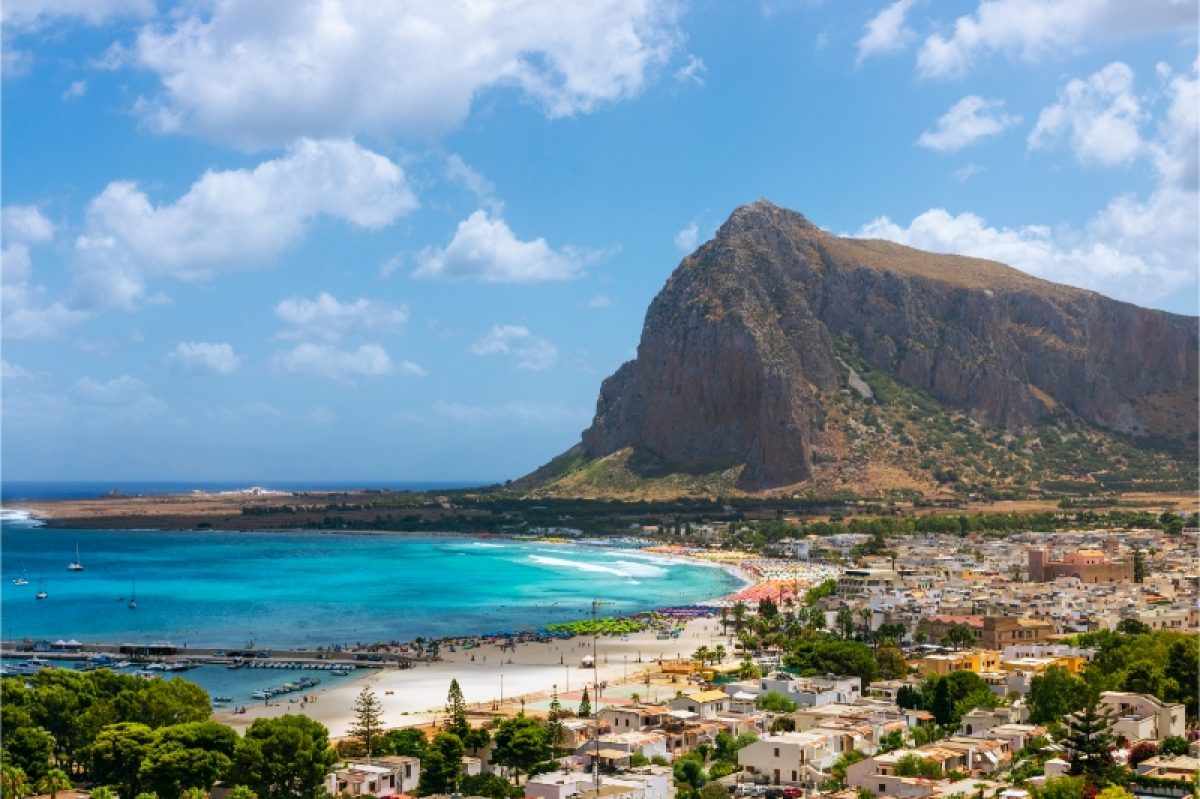
Sicily’s coastline is dotted with beautiful beaches, each with its character. San Vito Lo Capo, near Trapani, has Caribbean-like white sand and turquoise water.
The Scala dei Turchi, or Turkish Steps, is a stunning white cliff formation near Agrigento. It’s perfect for sunbathing and taking Instagram-worthy photos.
For a more secluded experience, head to the Zingaro Nature Reserve. Its pristine coves are accessible only by foot.
The Aeolian Islands off Sicily’s north coast offer volcanic landscapes and black sand beaches. Swim in the warm waters or take a mud bath in the volcanic hot springs.
Sicily’s beaches aren’t just about sunbathing. Many offer water sports, boat trips, and excellent seafood restaurants on shore.
Cultural Highlights and Heritage
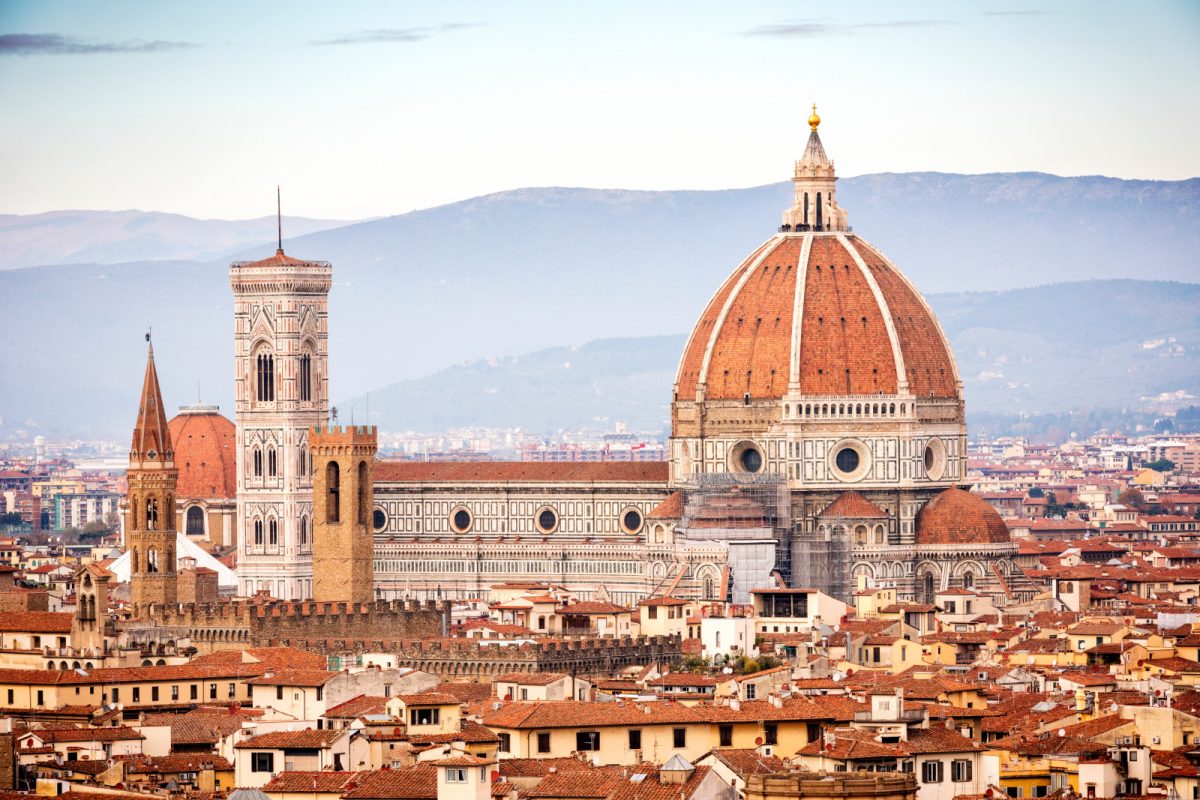
Tuscany and Sicily offer rich cultural experiences. Both regions boast amazing art, buildings, and traditions showing Italy’s history and beauty.
Art and Architecture in Tuscany
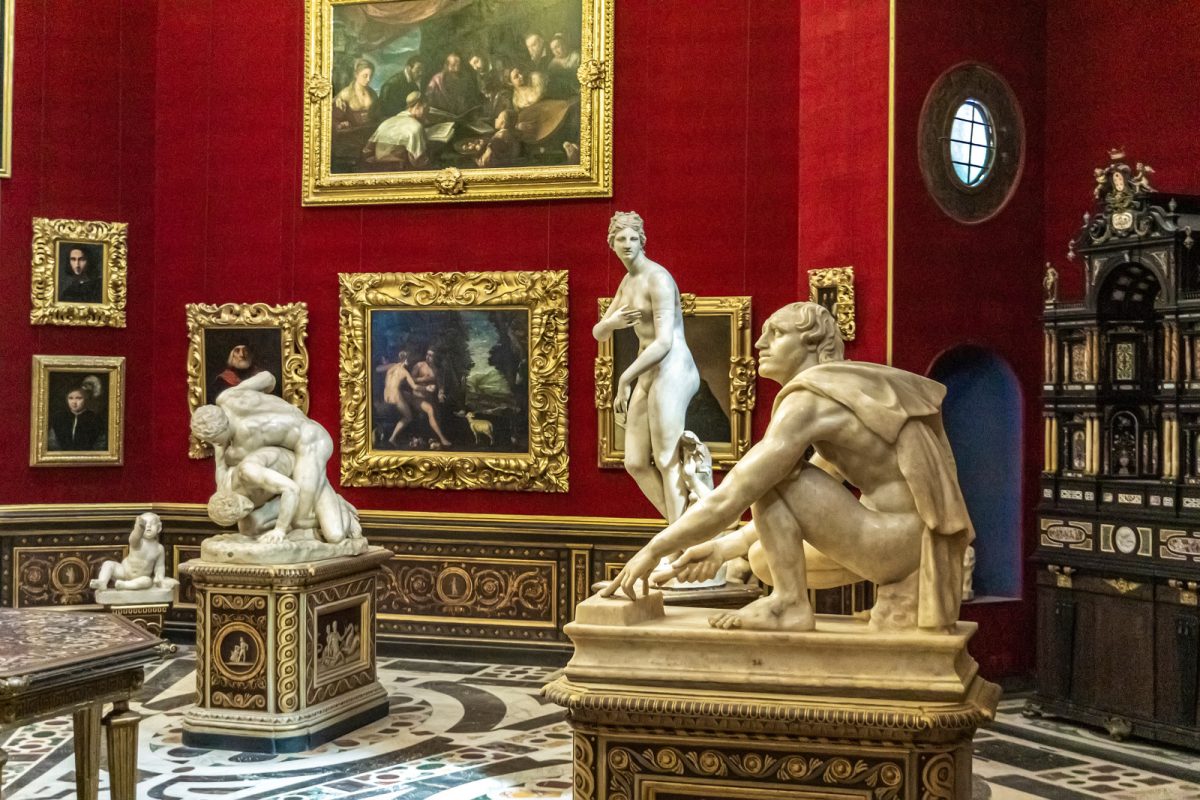
Tuscany is full of amazing art and buildings. Florence, the capital, has some of the world’s best museums.
The Uffizi Gallery has paintings by famous artists like Botticelli and da Vinci. You can see Michelangelo’s David at the Accademia Gallery.
The cities have beautiful old buildings too. Siena’s Gothic cathedral has black and white marble stripes inside.
Pisa has its famous Leaning Tower. Florence’s Duomo cathedral has a huge dome you can climb to get great views.
Many Tuscan towns still look like they did hundreds of years ago. San Gimignano has tall stone towers from the Middle Ages. Lucca has walls you can walk on around the city.
Sicilian Traditions in Arts and Crafts
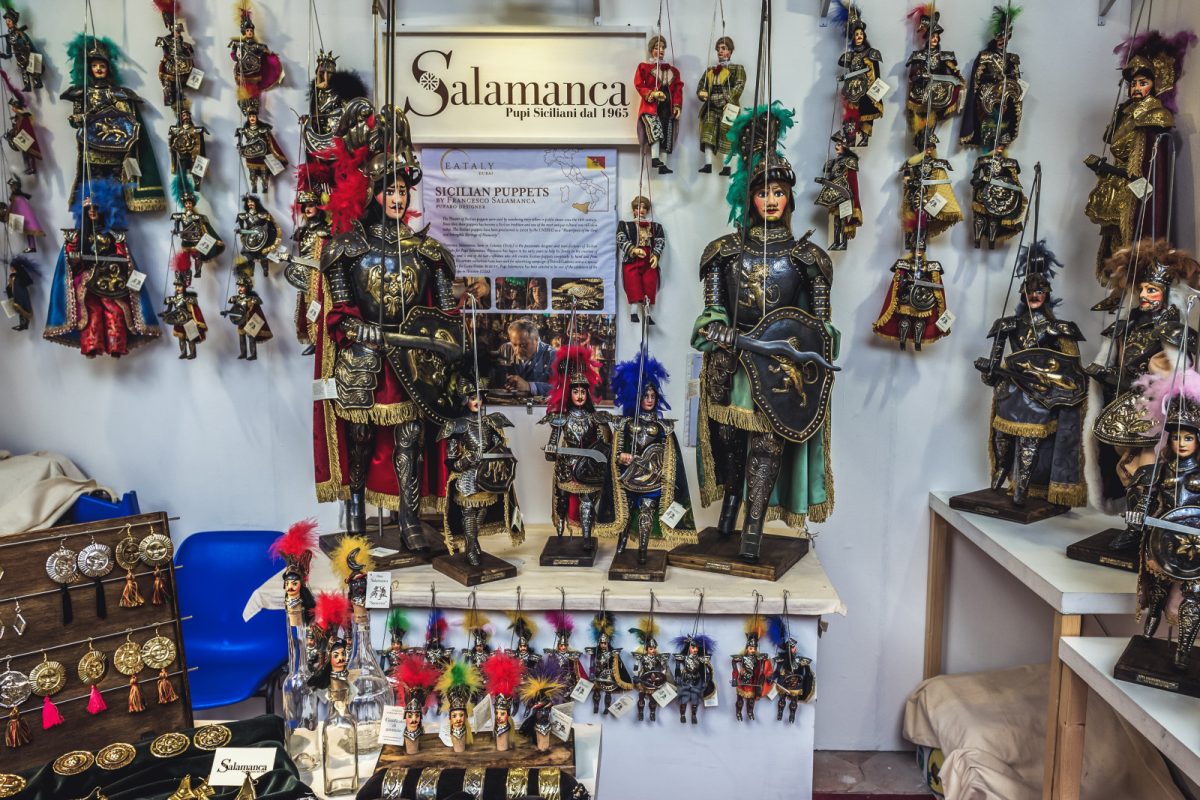
Sicily has its special arts and crafts. Puppet shows called “Opera dei Pupi” tell old stories about knights. You can see them in Palermo and other towns.
The island is known for its colorful pottery. In Caltagirone, bright ceramic tiles decorate staircases and buildings, and shops sell dishes and vases with fun designs.
Sicily also has amazing mosaics. The floors of the Villa Romana del Casale are covered in detailed pictures made of tiny stones, and the walls and ceiling of the Palatine Chapel in Palermo have golden mosaics.
Sicilian food is an art form. You can take cooking classes to make pasta, cannoli, and other local dishes. Markets sell fresh ingredients and handmade foods that show off Sicily’s flavors.
Gastronomic Experiences
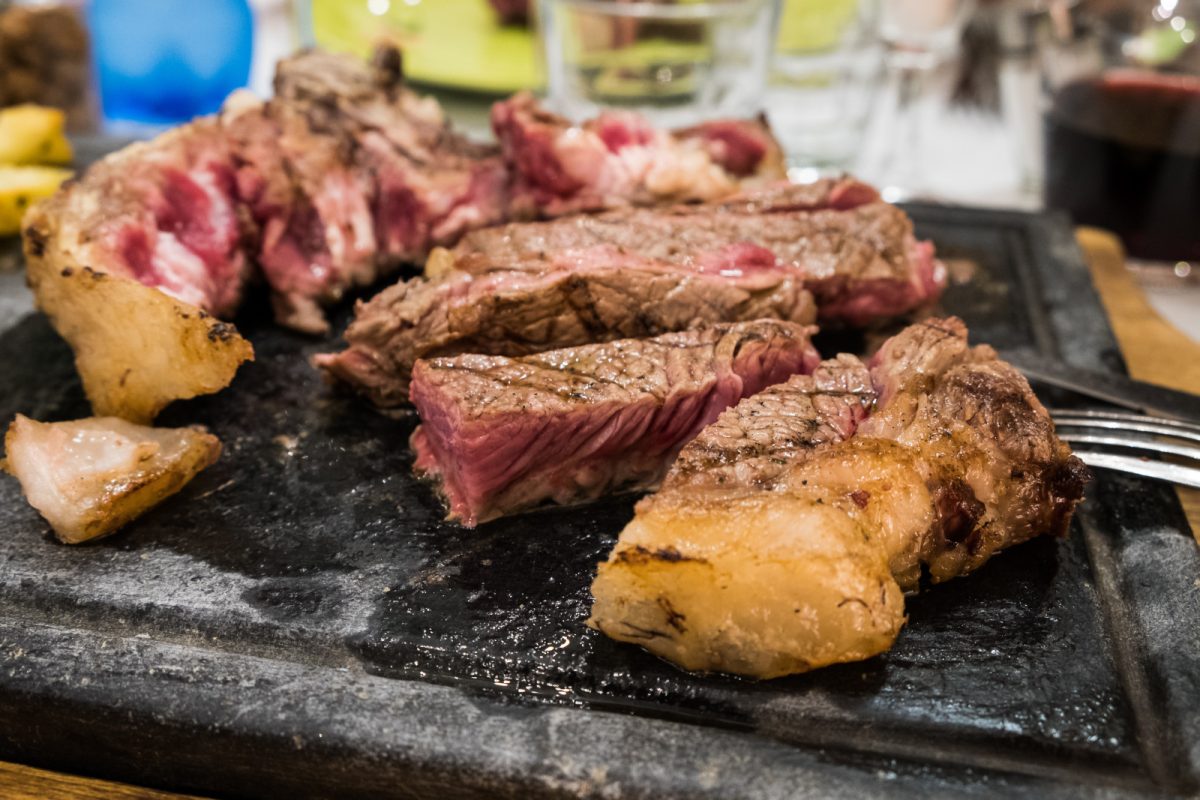
Italy’s culinary treasures shine in both Tuscany and Sicily. Each region offers unique flavors and dining traditions to delight your taste buds and create lasting memories.
Tuscan Cuisine and Wine
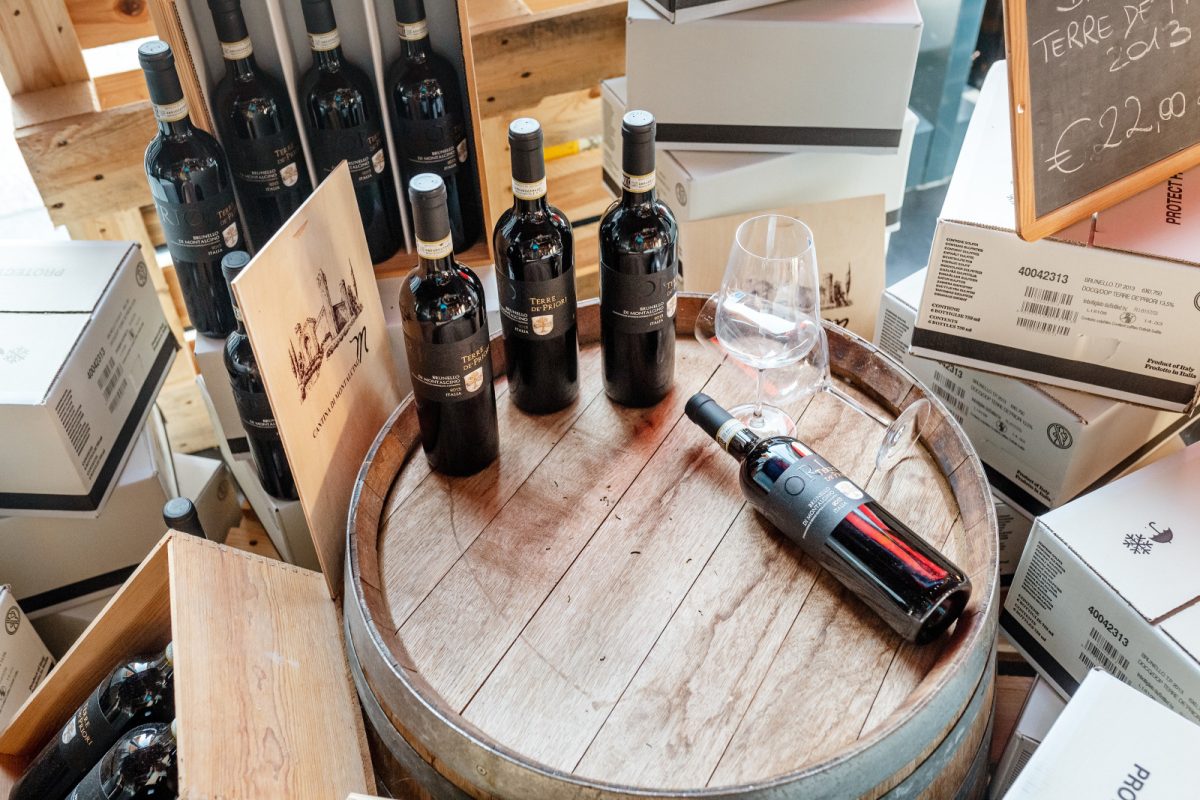
Tuscan food is all about simple, hearty dishes made with fresh ingredients. You’ll love the region’s famous bistecca alla fiorentina – a thick T-bone steak grilled to perfection. Pasta lovers can’t miss pappardelle with wild boar ragu or ribollita, a rustic vegetable soup.
Tuscany’s wines are world-renowned. Sip a glass of bold Chianti or smooth Brunello di Montalcino as you take in vineyard views. Many wineries offer tours where you can learn about winemaking and sample different varietals.
Olive oil is another Tuscan staple. Visit an olive grove to taste freshly pressed extra virgin oil drizzled on crusty bread. It’s a simple pleasure you won’t soon forget.
Sicilian Delicacies and Street Food
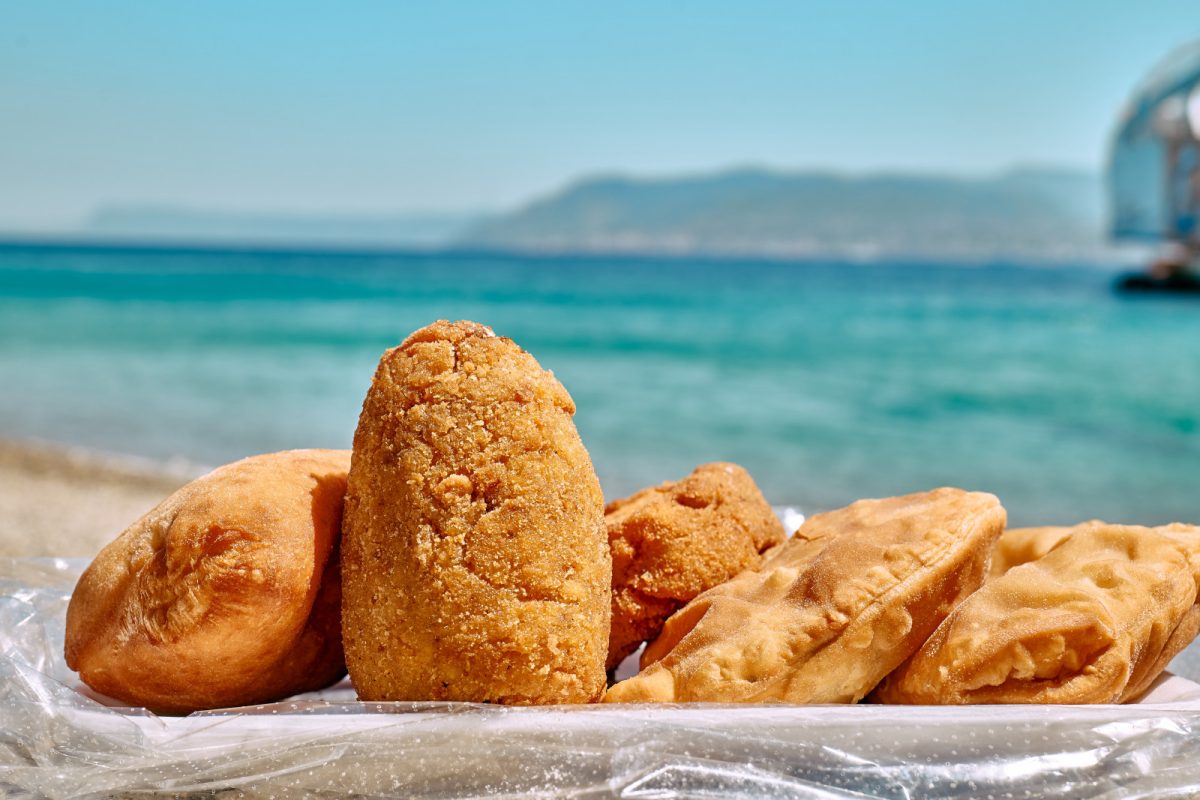
Sicily’s cuisine bursts with Mediterranean flavors and Arab influences. You must try pasta alla Norma, made with eggplant, tomatoes, and ricotta. Seafood is also a highlight – indulge in fresh swordfish, sardines, or pasta with sea urchin.
Street food reigns supreme in Sicily. Grab arancini (fried rice balls) or pane e panelle (chickpea fritters) from a local vendor. For dessert, nothing beats a cannoli filled with sweet ricotta cream.
Don’t miss Sicily’s unique wines like Marsala and Nero d’Avola. The island’s pistachios, almonds, and citrus fruits also make delicious snacks and souvenirs.
Planning Your Trip

Picking the best time to visit, figuring out how to get around, and finding great places to stay are key for an awesome trip to Tuscany or Sicily. Let’s break down these important parts of planning your Italian adventure.
When to Visit Tuscany or Sicily

Spring and fall are perfect for visiting Tuscany or Sicily. The weather’s nice, and there are fewer crowds. April to June and September to October have warm days and cool nights. You’ll enjoy outdoor activities and sightseeing without melting in the summer heat.
Summer gets hot and busy in both places. Prices go up, and popular spots get packed. But if you don’t mind crowds, you can hit the beaches and join fun festivals.
Winter is quiet and cheap. It’s a good time for city trips and museums. However, some coastal towns in Sicily and rural spots in Tuscany might be sleepy, with fewer open businesses.
Transportation Tips: Getting There and Around

Flying is the fastest way to reach Tuscany or Sicily from other countries. Pisa and Florence have airports in Tuscany. Palermo and Catania are Sicily’s main air hubs.
Trains are great for getting to Tuscany from other parts of Italy. Sicily is a bit trickier—you’ll need to take a train to the mainland and then hop on a ferry.
Renting a car gives you the freedom to explore. It’s ideal for Tuscany’s rolling hills and Sicily’s coastal roads. But be ready for narrow streets in old towns.
Public buses connect cities and towns in both regions. They’re cheaper than trains but can take longer.
Accommodation Options: From Luxury to Budget

Tuscany and Sicily offer lodging for every taste and wallet. Luxury villas with pools and vineyard views are dreamy options in Tuscany, and stunning beachfront resorts are available in Sicily.
Agriturismo stays let you experience rural life on working farms. They’re comfy and often serve amazing home-cooked meals.
Cities and towns have plenty of hotels. From fancy palaces to cozy B&Bs, you’ll find something that fits your style.
Hostels are popping up in bigger cities for budget travelers. Airbnb and other vacation rentals can be good deals, especially for groups or longer stays.
Itineraries and Attractions

Tuscany and Sicily offer amazing sights and experiences. Each region has its unique charm and must-see spots that will make your trip unforgettable.
Must-Visit Locations in Tuscany
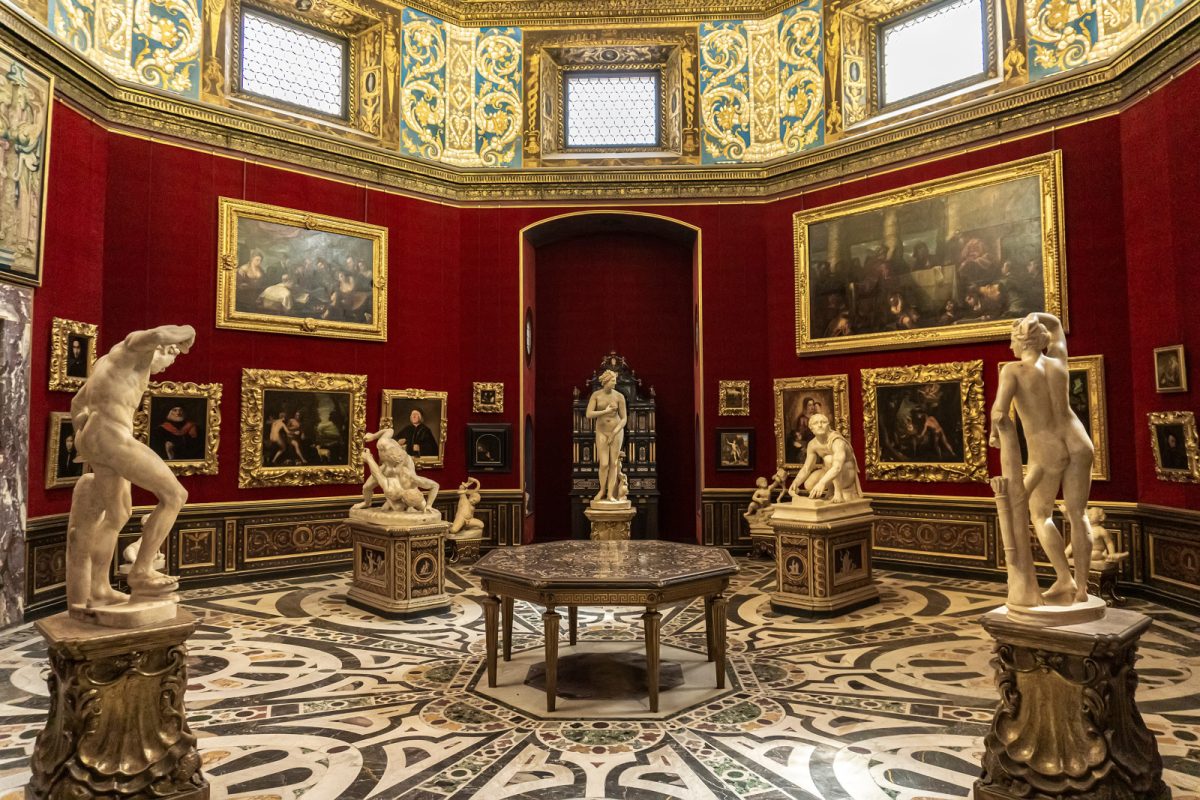
Florence is a top pick for art lovers. Michelangelo’s David will wow you at the Accademia Gallery. The Uffizi Gallery is packed with masterpieces, too. Don’t miss the stunning Duomo Cathedral – climb to the top for great views!
Siena’s medieval center is perfect for wandering. Check out the shell-shaped Piazza del Campo and climb the Torre del Mangia tower.
The Leaning Tower of Pisa is a classic photo op. But stick around to see the whole Field of Miracles complex.
San Gimignano’s skyline of medieval towers is straight out of a fairytale. It’s great for a day trip from Florence.
Sicily’s Key Attractions
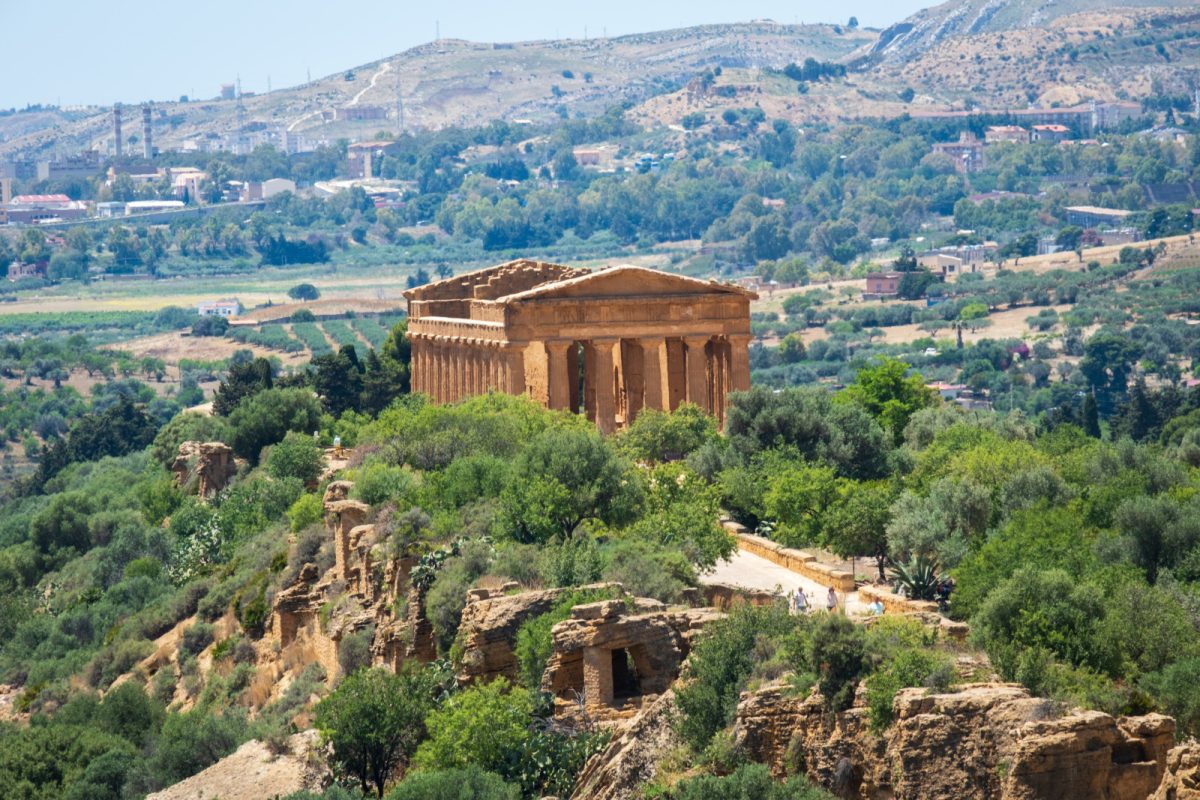
Valley of the Temples in Agrigento is a must-see. These ancient Greek ruins are super impressive. Go at sunset for the best photos.
Mount Etna is Europe’s tallest active volcano. You can hike it or take a cable car ride, and the views are amazing either way.
Taormina is a charming hilltop town with Greek ruins and great beaches nearby. The Ancient Theater has stunning views of the coast and Mount Etna.
Syracuse’s old town, Ortigia, is full of history. Visit the Duomo and wander the narrow streets. For a different view, take a boat ride around the island.
Outdoor Adventures and Activities

Tuscany and Sicily offer amazing outdoor experiences. Both regions have beautiful landscapes and exciting activities for nature lovers.
Exploring Tuscany’s Landscape
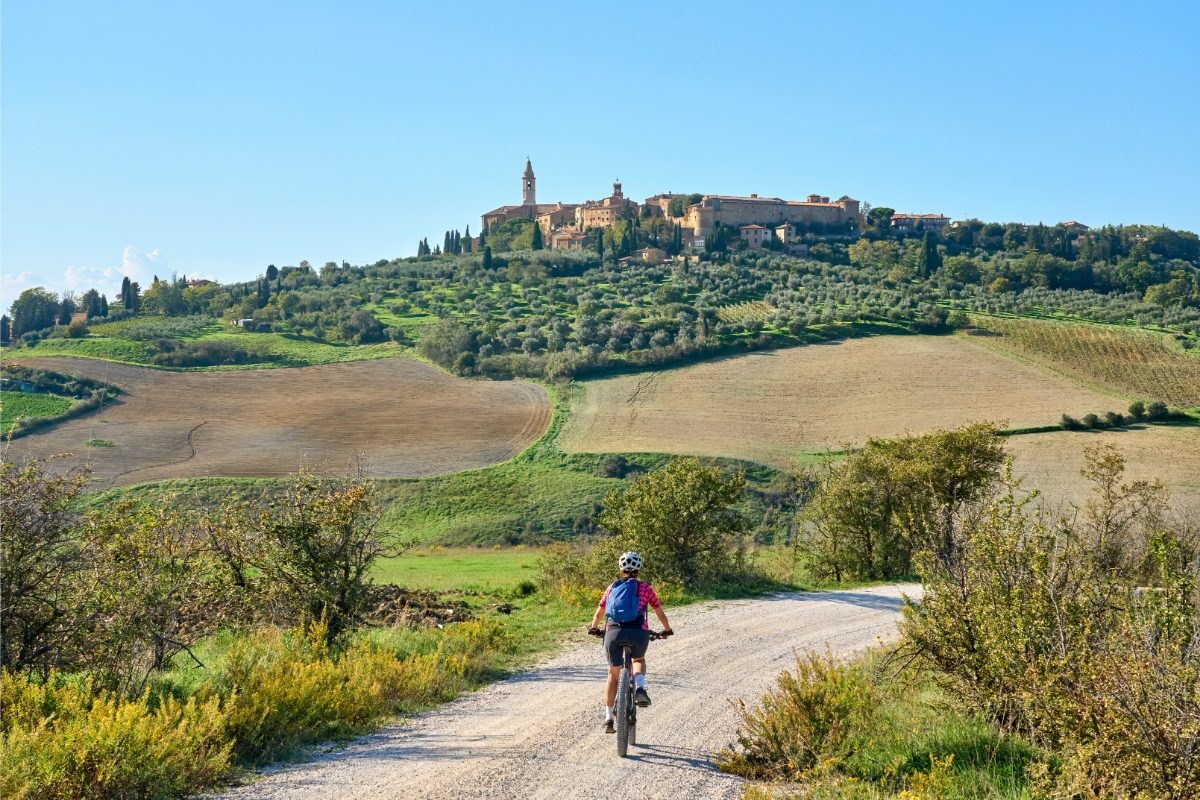
Tuscany’s rolling hills and charming hilltop towns are perfect for outdoor fun. You can bike through vineyards or hike scenic trails. The region’s beauty will take your breath away.
Umbria, next to Tuscany, is great for hiking too. You’ll find peaceful paths through forests and fields. It’s less crowded than Tuscany, so you can enjoy nature.
For a beach day, head to Forte dei Marmi. This fancy seaside resort has soft sand and clear water. You can relax on the beach or try water sports like paddleboarding.
The Natural Wonders of Sicily
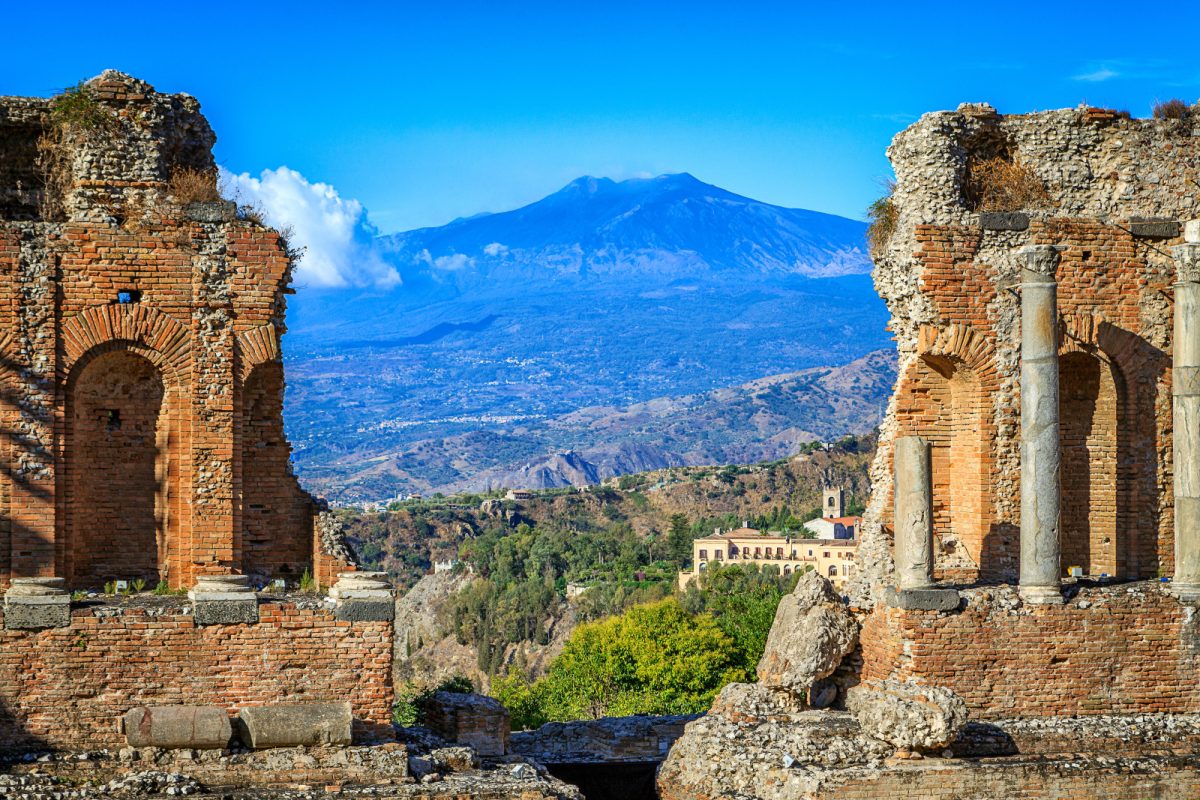
Sicily’s varied landscape offers unique outdoor adventures. You can climb Mount Etna, Europe’s most active volcano. It’s a thrilling experience you won’t forget.
The island’s beaches are stunning. You’ll find both sandy shores and rocky coves. Some beaches are busy, while others are hidden gems.
Sicily’s natural parks are great for hiking and wildlife spotting. You might see rare birds or colorful wildflowers. The Madonie Mountains have beautiful trails with amazing views.
Don’t miss the chance to explore Sicily’s seas. Snorkeling or diving to see colorful fish and underwater caves is like entering a whole new world.

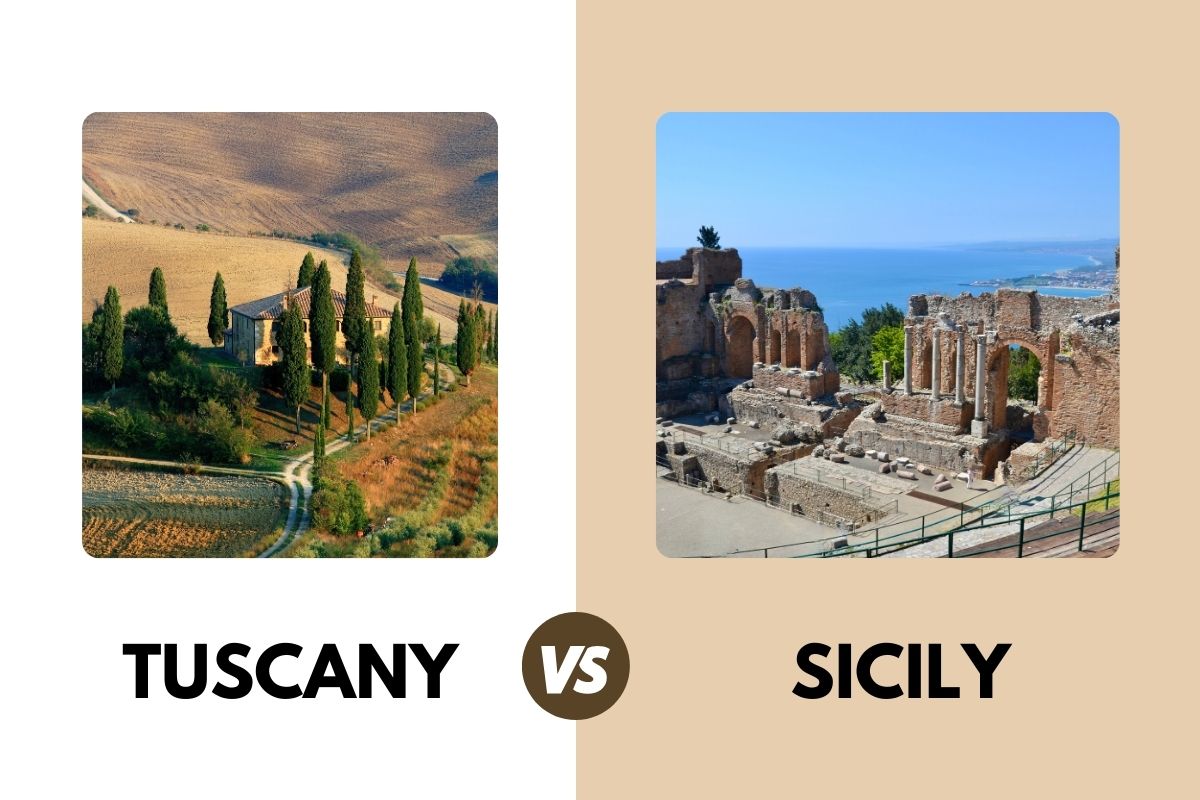
0 Comment